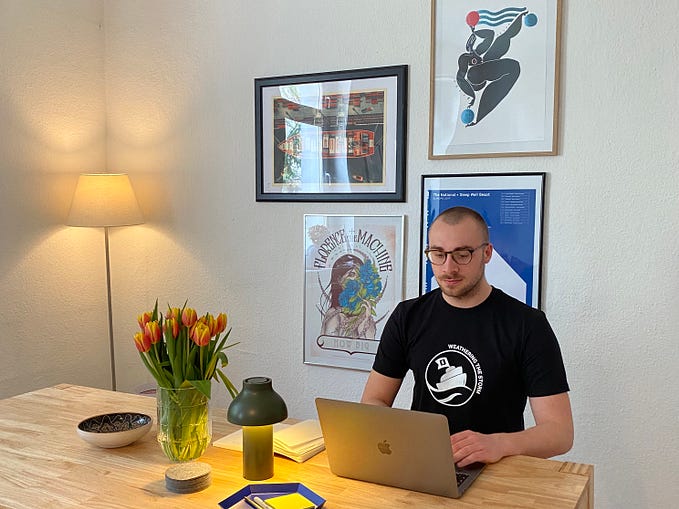A Nation of Bystanders?
‘Bystander Society’ describes how or why vast numbers of otherwise decent citizens became implicit in the Nazi regime and the grim descent into World War II. Historian Mary Fulbrook’s analysis of events in the 1930s extends to observations of the long aftermath (and after-myths) — a gradual and reluctant process of facing undeniable reality.
Mary has produced a good book — a work that is surely relevant to a far wider audience than academics and historians. Readers will draw parallels with current conditions and demand that we heed the warnings and invest in the health of our democracy and its key institutions.

When data journalists present graphs that show decades of small incremental decay followed by rapid deterioration (whether concerning Climate or the NHS or the Poverty Pandemic) it is tempting to quote Orwell on institutional collapse — but the mere observation of tipping points does not clarify root causes. The only immediate benefit lies in the shock value — exposure of our collective complacency. As a Canadian poet wrote (with hope) in the aftermath of WWII, ‘We rise to play a greater part’.
The Horizon, Grenfell, and Sewage scandals (and countless other ‘canaries in the mine’) remind us that you can outsource systems, but you cannot outsource responsibility. The enthusiasm for ‘small government’ and privatisation over the past five decades has weakened trust in institutions. Right Wingers deplore the honesty of public service broadcasters — the BBC and Channel 4 — and they are none too happy about the judiciary and the pusuit of truth.
This year, this year of full consequences, is a time to face reality, to admit we are unthinkingly veering towards becoming a nation of bystanders. Many will say (as during the Brexit referendum) that fears are exaggerated. Leaders may ooze reassurance and claim they have everything under control. Trust in central government and parliamentary democracy is low. Restrictions on the rights to peaceful protest, in defiance of a clear vote in the House of Commons, is just another indication of law-bending for political gain. How long before democracy will be outsourced via secret bids to a Palliative Care company. ‘Do not go gentle into that dark night. Rage, rage against the dying of the light.’
So now, in this ‘year of consequences’, we should celebrate that so many in our communities are prepared to step forward, to campaign, to stand for election, to deliver leaflets, to make the calls, to display the posters, to replace the populists, and to declare that they have no intention of ever being a bystander.
____________
This article is archived in the Groupe Intellex ‘Governance’ listing — a resource for students. An edited version of this article has been published in LibDemVoice.









